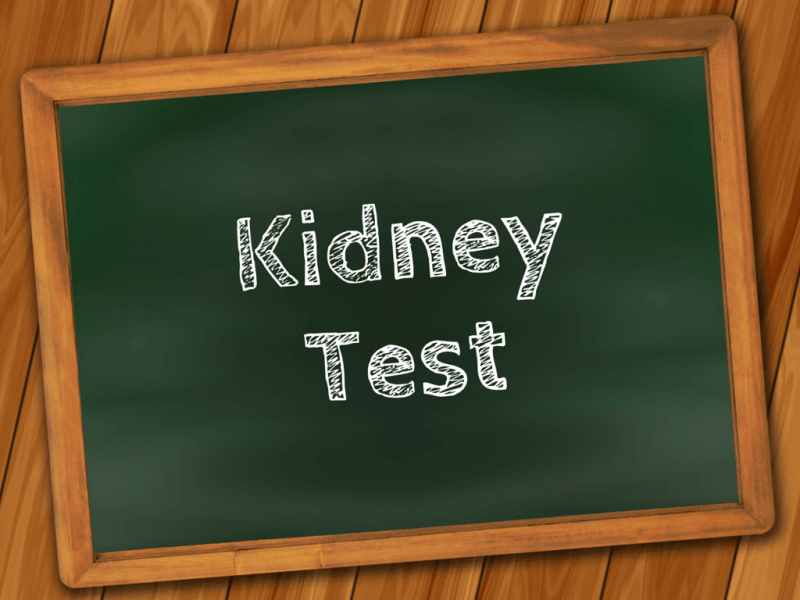
Types of Kidney Diseases | Book Kidney Function Test in Indirapuram
28-06-2017 | Posted By: Chhavi | 2079 View(s)
The kidneys are a pair of body organs located in the abdomen toward the back. Kidneys are approximately the size of a human fist, and each kidney is about 4 or 5 inches long. The kidneys play various important functions of the body like filtering the blood, flush waste out of the body, balance the level of electrolytes in the body, control Blood Pressure and also regulate the production of the Red Blood Cells.
What are the Kidney Diseases?
Kidneys are considered healthy when they remove waste from the blood, make essential chemicals and vitamins for body and balance the level of minerals and water in the body. When the kidneys are damaged, the waste products and fluids are not flushed out of the body which causes a lot of health problems such as swelling in ankles, loss of sleep, vomiting, shortness of breath and weakness and even kidney failure.
Kidneys Diseases can be divided into two categories:
1. Acute Kidney Diseases
If the kidneys stop functioning all of a sudden, Doctors call it Acute Kidney Injury or acute renal failure. The major causes of this condition are:
Insufficient blood flow to the kidneys
Kidney damage
Urine stored in the kidneys
The things mentioned above happen when:
You have a severe injury with blood loss,
Your muscle tissue breaks down due to dehydration
You take certain drugs or live in a toxic environment
You have a severe infection called sepsis
You suffer from autoimmune diseases

2. Chronic Kidney Diseases
When your kidneys do not function properly for more than three months, then this condition is called chronic kidney disease.
Certain conditions that can lead to chronic kidney diseases are:
Diabetes (Type 1 and 2)
High Blood Pressure
Autoimmune diseases
Urinary tract infections
Inflammation in the tiny filters within the kidneys
Polycystic kidney disease
What are the Symptoms of Kidney Disorders?
There are different symptoms of kidney failure, and sometimes people cannot observe any symptoms, but if a person has a kidney disorder, then he or she will see a few signs of the disease. The symptoms of kidney disorders include:
Swollen legs, ankles and feet
Urinating often than normal, or less often
Shortness of breath
Fatigue
Nausea
Pain in chest
Seizures
Feeling confused
Loss of appetite
Difficulty sleeping
Muscle cramps
Dry, itchy skin
Unexpected weight loss
How is the Diagnosis Made?
To make a diagnosis, the Doctor first takes the medical history of the patient and conducts a physical examination. In certain cases, the Doctor also asks the patient to go for certain tests and procedures, such as:
Blood Tests: Kidney Function tests are done to measure the level of waste products in the body, such as creatinine and urea.
Urine tests: Urine tests are recommended by Doctors to screen for chronic kidney diseases and identify the cause of the diseases.
Imaging tests: Imaging tests are done to see the kidneys’ structure and size.
Biopsy: Kidney biopsy is done under local anaesthesia, and the biopsy sample is sent to the lab for testing which helps the Doctors to determine the reason behind the kidney problem.
What are Kidney Function Tests?
Your Doctor will order several tests that can estimate your glomerular filtration rate (GFR) to see how well the kidney is functioning.
Kidney function tests include:
1.Urinalysis
2. Serum Creatinine Test
3. Blood Urea Nitrogen (BUN)
4. Estimated Glomerular Filtration Rate (GFR)
How to Book Kidney Function Tests online?
To book Kidney Function Test online, call us at 8010918080
So, do not worry as booking a pathology test is easy now and very Affordable 1


